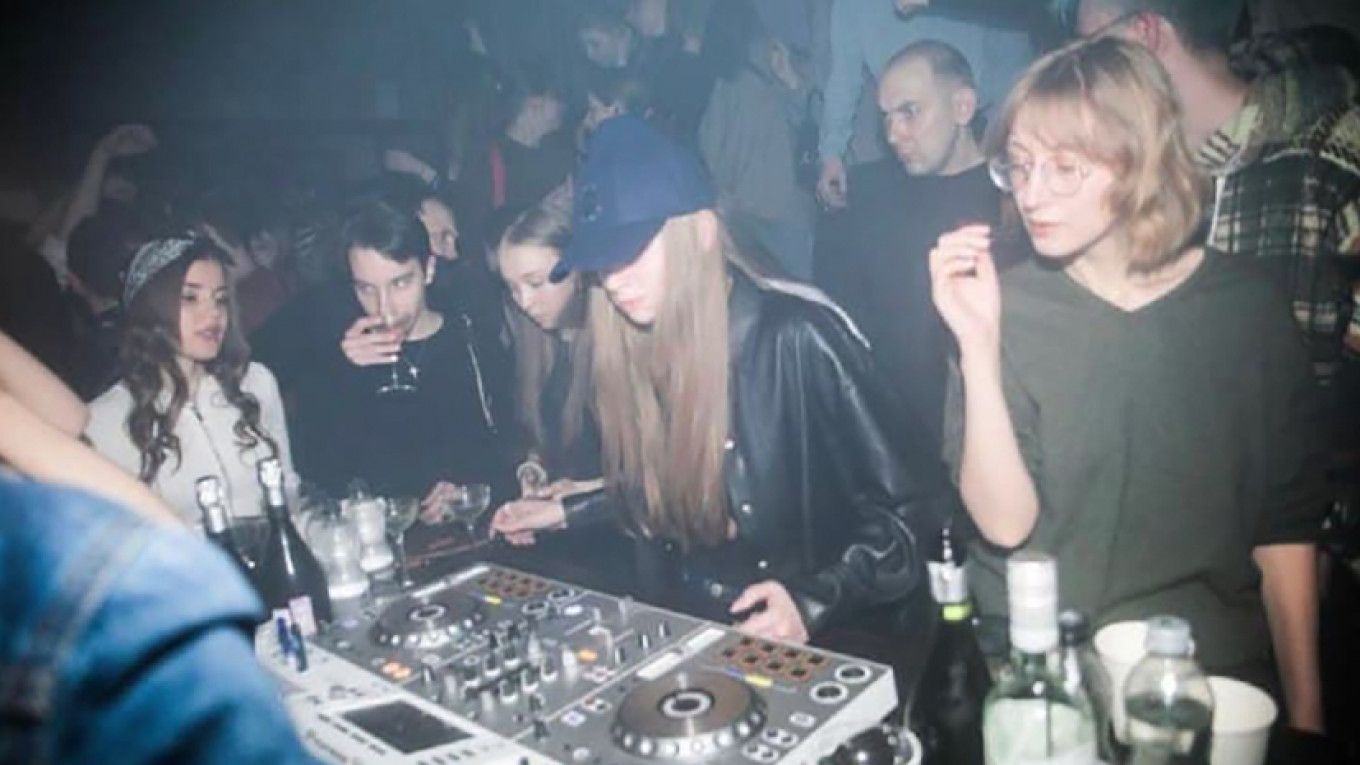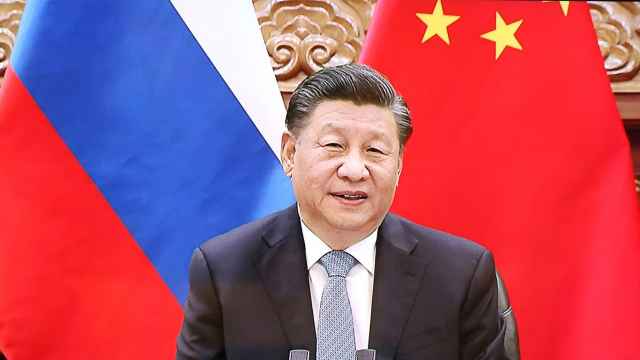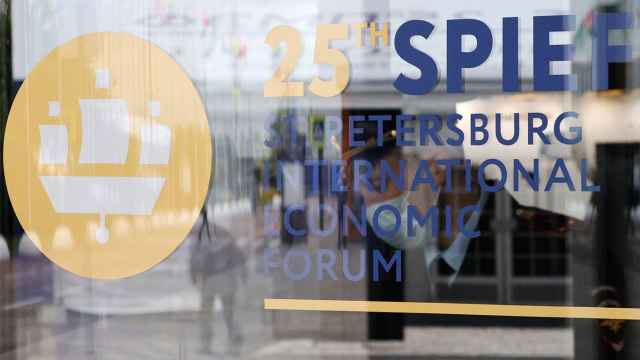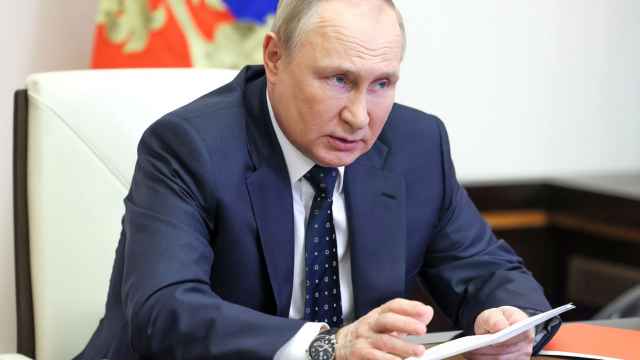In the very heart of Moscow, not far from Pushkin Square where protest rallies in the capital are most often held, along a small alley among inviting 19th-century mansions, lies a progressive bar frequented by youth — the Rovesnik (meaning “someone of the same age”).
Why “progressive”? Because the bar takes a public position on controversial issues — an incredible rarity in Russia these days.
You can visit the bar any day of the week and find it championing a different worthwhile cause each time: an exhibition on contemporary art or feminism; a lecture by a foundation that helps victims of domestic violence; the contribution of half of the day’s proceeds to human rights workers who help protestors whom the police have detained or beaten at rallies; or an appeal by environmentalists or representatives of the Alexey Navalny Foundation.
This bar has always positioned itself as a platform for a wide variety of people. For example, I hold a book club there once a month at which we discuss such writers as Anton Chekhov, Virginia Woolf, Leo Tolstoy and Kurt Vonnegut.
Last week, a young woman who is popular on Instagram came to the bar, played a DJ set, then got in a taxi and drove away.
“What’s the big deal about that?” you might ask. Well, many Russian bloggers and journalists hold that this young lady is actually President Vladimir Putin’s third daughter, who goes by the pseudonym of Luiza Rozova.
What little is known of her from social networks is that she lives the life of a typical upper middle class Russian teenager, having fun with her friends, going out dancing, listening to music and taking selfies.
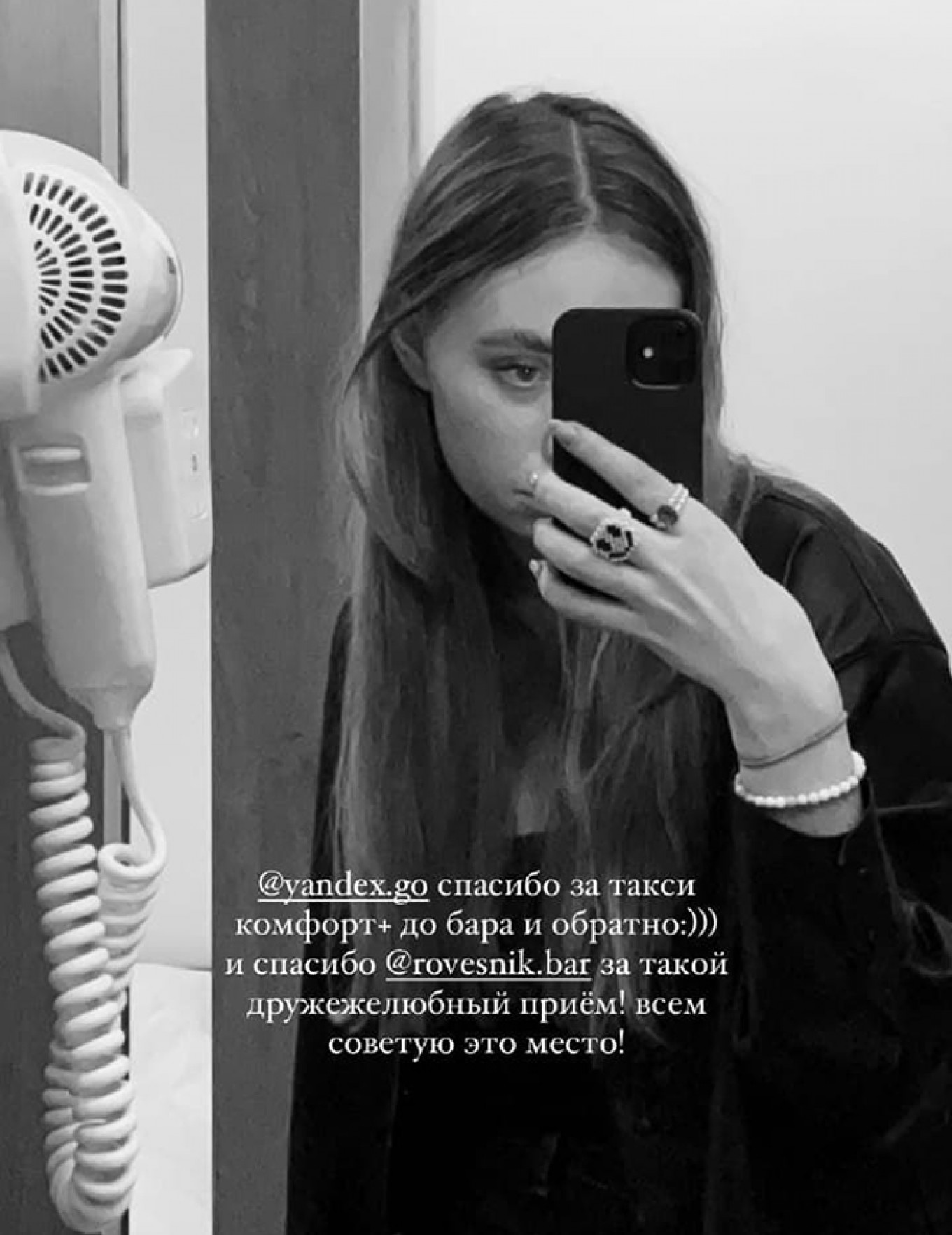
She has yet to hold a job, join a political party or vote on issues of importance to her fellow citizens. In short, she has done nothing to warrant the objections, much less the ire of others.
Nevertheless, her DJ set was met with an excessive outpouring of objections and hatred. Some tried to justify their negative emotions by pointing to comments that the 18-year-old had made in an impromptu interview, although I rather doubt those complaining could have spoken more intelligently about international politics at that age than Rozova did. Goodness knows I couldn’t have when I was 18.
Why are Russian liberals so emotional? And are they really “liberal” if the slightest departure from “canon” elicits such vitriol?
By the way, this is not about political views.
After a change of power, it has always been customary in Russia to take down monuments to the previous rulers and to erase any mention of them from street names.
And this trend was never limited to symbolic actions alone. For example, after the Revolution of 1917, the authorities not only destroyed all monuments to the tsars, but for the next 20 years hunted down all of their descendants and sent them off to the Gulag — including children born after the Revolution itself. And they were not the only ones persecuted in this way: even my grandfather was born in the tundra in 1938 simply because his father had been exiled there for refusing to join a collective farm.
Sadly, this seems to be a constant in Russian society. Regardless of who is in power, those who oppose them want to destroy everything connected with their rule, burn it to the ground, and build a new order in its place. This has been going on for centuries.
It’s always easier and more convenient to divide the world into black and white, into those who are like you and those who seemingly are not. No compromises and no half-tones! The liberal press once used similar arguments to criticize Anton Chekhov for making general statements about humanism while declining to condemn the bloody tsarist regime directly.
But the bar is a public venue and, therefore, not a place where one would expect a short music set to trigger such a flood of anger. Thousands — tens of thousands of people discussed it all day, got very personal, lost their tempers and even cursed each other over it.
I think it all stems from a sense of helplessness, from the Russian intelligentsia’s feeling that it has no control over anything that happens in the country and is powerless to change the situation in any way.
This is a very heavy, disheartening and depressing feeling. The authorities have thrown Alexey Navalny in prison and all the protests demanding his release have resulted in nothing more than criminal charges against the protestors themselves. All the old bans are being reintroduced. Almost all of the independent media outlets and NGOs have been crushed.
The West only goes through the motions of imposing sanctions over and over against the very same people. And the world sees how the West has been powerless to prevent Russia’s neighbor, Belarus, from creating what are essentially concentration camps for people opposed to the authoritarian leader.
The Russian intelligentsia is powerless to free Navalny and the other political prisoners. Nor can its member repeal this regime’s repressive laws or put an end to medieval obscurantism and authoritarian madness. But it can curse loudly and try to “cancel” a bar in the center of Moscow for the crime of hosting a DJ set by a reputed scion of the House of Putin.
This is because Putin remains inaccessible in his Kremlin, while the young woman is right here in plain sight, and easy prey for their social networks.
A Message from The Moscow Times:
Dear readers,
We are facing unprecedented challenges. Russia's Prosecutor General's Office has designated The Moscow Times as an "undesirable" organization, criminalizing our work and putting our staff at risk of prosecution. This follows our earlier unjust labeling as a "foreign agent."
These actions are direct attempts to silence independent journalism in Russia. The authorities claim our work "discredits the decisions of the Russian leadership." We see things differently: we strive to provide accurate, unbiased reporting on Russia.
We, the journalists of The Moscow Times, refuse to be silenced. But to continue our work, we need your help.
Your support, no matter how small, makes a world of difference. If you can, please support us monthly starting from just $2. It's quick to set up, and every contribution makes a significant impact.
By supporting The Moscow Times, you're defending open, independent journalism in the face of repression. Thank you for standing with us.
Remind me later.



